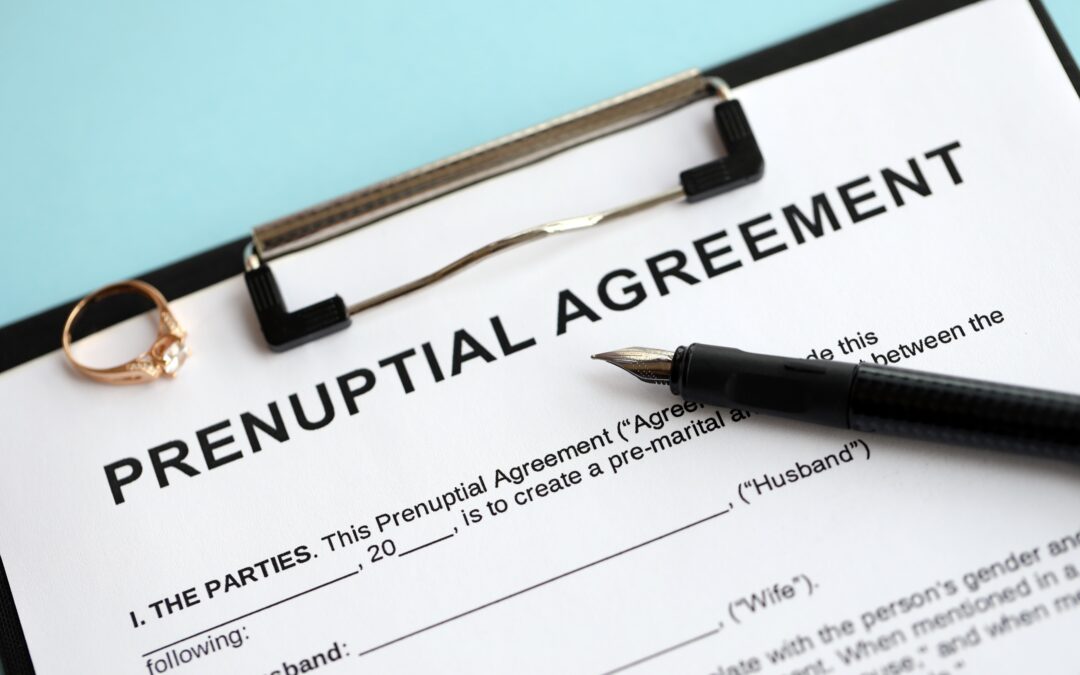Prenuptial and post-nuptial agreements are generally the same except for when they are executed. A prenup is signed before the couple marries; a post-nup after the wedding. In the case of a prenup, marriage is also part of the consideration or value given to enter into the agreement unlike with a post-nup. In any event, they both can address the same types of issues, including property distribution and spousal support in the event of legal separation or divorce and estate rights. While it’s best to discuss and resolve financial issues before marriage, in certain circumstances, it may be better to wait to execute an agreement until after the wedding. Typically, this situation arises when the issue of a prenup comes up too close to the wedding date.
Timing of Prenuptial Agreements
Generally, prenups are enforceable absent fraud, duress or terms that are so unfair as to be unconscionable. When a party challenges a prenup, judges look closely at when a party was given a prenup and whether both sides had ample time to review, negotiate, contemplate and understand the terms of the agreement and speak to an attorney before the document was signed.
If a party is given the prenup a short time before the wedding, it may raise questions as to whether there was duress. The less time a party has to review the prenup, the closer the court will look at the terms and consider whether that party was taken advantage of in the agreement.
Accordingly, if the couple’s wedding date is close and the prenup hasn’t been resolved, it may be better to wait and execute a post-nuptial agreement at a later date and avoid potential legal challenges.
Concerns with Post-Nuptial Agreements
Using a post-nuptial agreement can also be problematic. With a prenup, agreeing to get married is the consideration or value being offered in exchange for the prenup. One party can hold up the wedding by not signing the prenup. It’s leverage in the negotiation. However, this isn’t the case with a post-nuptial agreement since the couple is already married. If one spouse refuses to sign the post-nup, they must continue to negotiate until they find a solution or decide to end the marriage.
Addressing Both Problems
Ideally, an attorney should be contacted at least three to six months in advance of the wedding to discuss the prenuptial agreement. If that is not possible, there are a few options:
- Execute a boilerplate prenuptial agreement and then amend it in a post-nup. The prenup can address basic terms but the details are saved for a post-nup after the wedding. However, if the other side refuses to amend the agreement later, you may have difficulty challenging the agreement if both sides had ample time to review, negotiate, contemplate and understand the terms of the agreement and speak with an attorney before signing the document.
- Negotiate and execute the prenup and affirm it a few months after the wedding. In this case, the parties negotiate the agreement before the wedding date and sign the prenup. However, to avoid legal challenges, they sign an affirmation of the prenup after they are married which would address the contemplation and understanding of the terms of the agreement issues that arise with prenups negotiated shortly before a wedding.
If you are considering a prenup or post-nup, contact us to discuss how we can help you negotiate a fair agreement.

